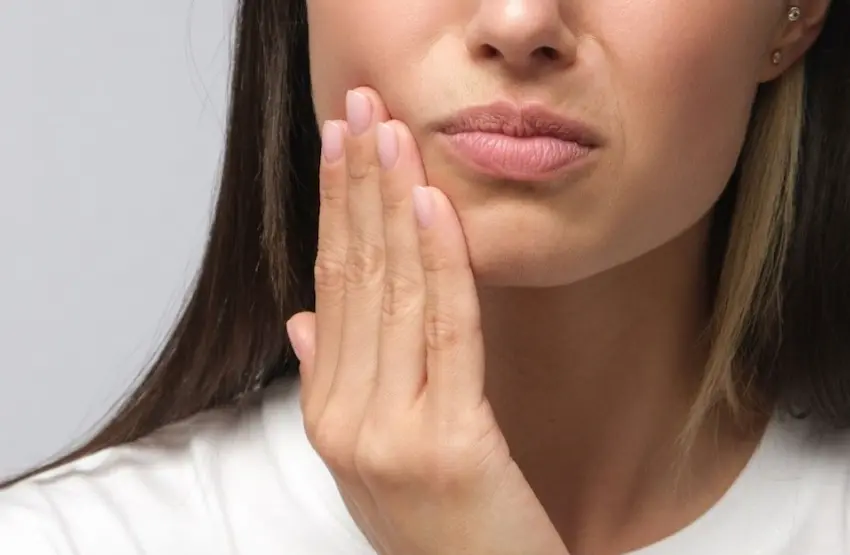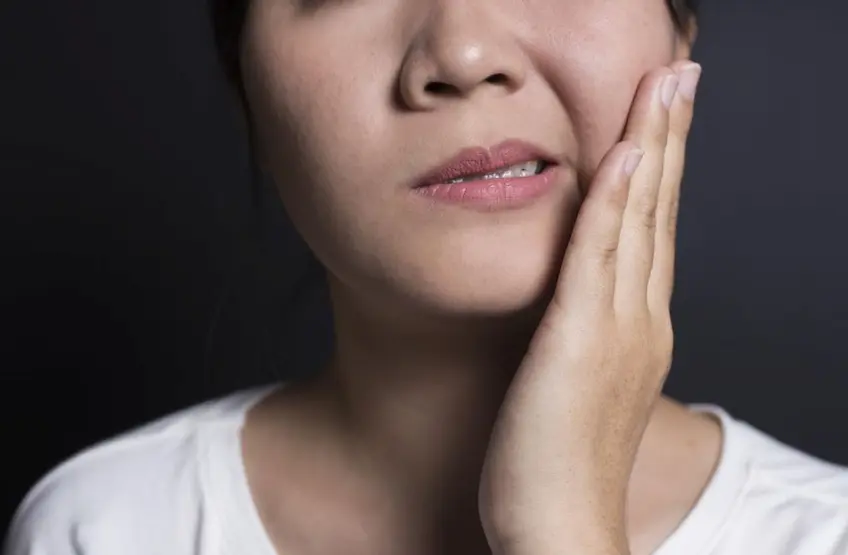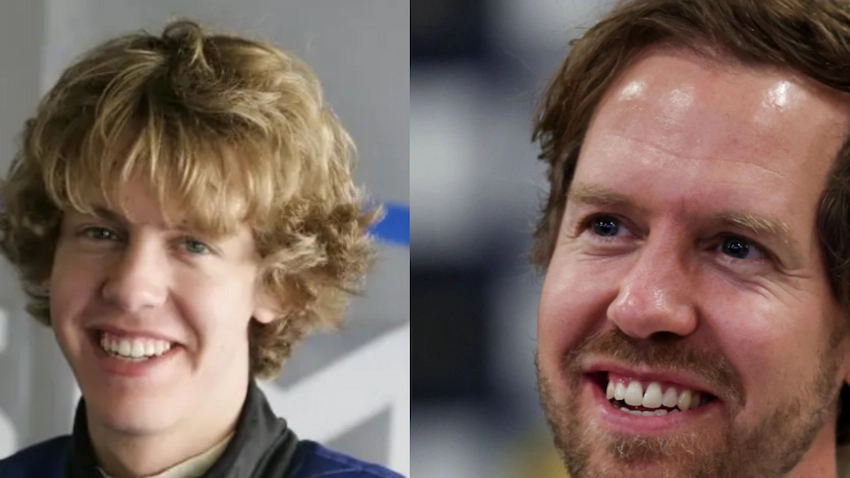How to Fix Teeth Grinding: Causes, Treatment, and Prevention

Bruxism, popularly known as teeth grinding, is an often-encountered problem that has an impact on the daily life of a large number of people. Regardless of whether you are in the conscious or unconscious state, grinding your teeth can result in numerous dental challenges, including weakened teeth, pain in the jaw, and headaches. However, apart from these signs, the development of grinded teeth is also an indication of the progression of the problem.
In the present publication, we are going to focus on why people grind their teeth, how to fix the problem, and what are the preventive measures that you may adopt to keep your teeth healthy and avoid further problems.
What Causes Teeth Grinding?

Bruxism may have a variety of causes, most of which are from stress, anxiety, or other dental problems. Here are the most common causes:
1. Stress and Anxiety
Stress is definitely one of the main culprits when it comes to bruxism. Stressed or anxious individuals are more prone to gnashing their teeth or clenching their jaws while they are asleep. This will ultimately result in the wearing away of enamel from the teeth.
2. Sleep Disorders
Grinding of teeth is a common symptom of sleep apnea among people who have this sleep disorder. Those affected with sleep apnea are likely to grind their teeth to permit air to pass through while they are asleep.
3. Misaligned Teeth (Malocclusion)
The problem of teeth grinding may be related to malocclusion. When teeth are not in the correct position, for example, they may move or extend themselves to balance the situation. The result of this bad bite is that it would stimulate teeth clenching and grinding as the teeth and jaws were under extra pressure than would typically be the case.
It’s unfortunate, but yes, common medications including antidepressants or antipsychotics can be a reason for bruxism. Suppose while using medication you develop bruxism then you must consult with your doctor to find out if there are any alternatives or whether the dosage could be changed.
5. Lifestyle Factors
Besides, parallel to this, too much alcohol intake, smoking, or drugs for fun can be a factor that brings about teeth grinding. These are the stressors of the life of a person that affect them through muscle strain and sleeping problems which are both directly linked to bruxism.
How to Fix Teeth Grinding: Treatment Options
Even though teeth grinding is very destructive, it has many curative ways, which are efficient to deal with the problem. Some of the standard treatment options are listed below:
1. Mouthguards (Night Guards)
For most people, wearing a special mouthpiece while sleeping, i.e. a mouthguard, is often a go-to solution for nighttime bruxism. You can have your night guards custom-made to fit your teeth perfectly and ensure that the pressure from bruxism is well distributed. The guards protect your dentition from attrition and cracking, thereby preventing unnecessary tooth pain that may be experienced, as a result of clenching and grinding during sleep.
The mouthguards made at Lema Dental Clinic are personally customized so they can fit perfectly in your mouth. This will give you the highest level of comfort and save you from teeth grinding while you sleep.
2. Stress Management
Given the fact that mental stress is one of the root causes of bruxism, among the treatments suggested, stress management is the most relevant, and the first one to be accomplished. Here are some activities to help you manage stress and thus aid in the prevention of grinding:
- RELAXATION TECHNIQUES: It could be the practice of one of the relaxation exercises such as yoga or progressive muscle relaxation. Numerous studies have proven stress relief being the main benefit of these workouts.
Practice relaxation techniques such as meditation, yoga, or deep breathing exercises – all these can be of great help in calming both the mind and the body. Regular exercise is a widely known remedy for stress and anxiety, but did you know that keeping to a physical activity plan also means better sleep quality?
Psychotherapy can be a great means to break emerging teeth grinding issues. One of the most popular types of psychotherapy is called cognitive-behavioral therapy (CBT). That can help to find out why the symptoms of stress and anxiety are there and by the elimination of them, teeth grinding will decrease.
3. Correcting Misaligned Teeth
If bruxism resulted from the bad interlock of the teeth (malocclusion), then you would need to go for the procedure of orthodontics for the solution. Bands or electronic appliances are the ones that directly address and correct the pro…
5. Behavioral Therapy
If your teeth grinding is a result of anxiety and stress then this is where behavioral therapy helps you the most. Usually, cognitive-behavioral therapy (CBT) is used to solve the psychological issues with bruxism that could be going unnoticed. One way of getting rid of stress and/or anxiety is to stop being a tooth grinder through this way of direct and indirect learning.
6. Physical Therapy
Some individuals benefit from physical therapy to relieve the tension in their jaws and increase muscle strength. The therapist will guide you through exercises that can be done to relax the muscles and the exercises that you can perform to reduce pain of the jaw.
Preventing Teeth Grinding
Avoiding bruxism is the solution, and you can achieve it by following these methods:
1. Avoid Caffeine and Alcohol Before Bed
Both caffeine and alcohol can increase muscle tension and interfere with sleep thus making bruxism worse. It is best to avoid consuming these substances, especially in the evening to lessen the probability of teeth grinding at night.
2. Develop Healthy Sleep Habits
Having a sleep-inducing bedtime routine and remaining steadfast to it together with good sleep hygiene practices is a way to assure you of sound sleep with no teeth grinding. Fix your sleeping time, and the environment should be cool, calm, and comfortable.
3. Relax Your Jaw Before Sleep
Introducing relaxation exercises for your jaw before bedtime can be helpful if you get bruxism due to stressful situations. Heat compresses or some soft jaw touching could be beneficial in your case of jaw muscle tightening. You can also try keeping your tongue between your teeth to keep from clenching if you can.
Conclusion
Bruxism or teeth grinding is a condition that, if ignored but treated, can lead to serious damage to your teeth, jaw, and oral health as a whole. Whether it is triggered by stress, misaligned teeth, or sleep disorders, there are successful and preventive treatments to control and eliminate bruxism. Mouthguards, stress management, orthodontic treatments, and medications can all help reduce teeth grinding and protect your smile.
Dealing with bruxism, be sure you have a qualified professional to help identify the cause and provide you with the right treatment. At Lema Dental Clinic in Istanbul, Turkey, we are ready to assist you in overcoming bruxism by applying our holistic approach which includes individualized night guards, stress management techniques, as well as misalignment therapies. Our team will support you in finding the perfect remedy to keep your teeth healthy and make you a happy life-leader.
While teeth grinding can be managed and reduced, it may not always be completely “cured.” However, with the right treatment plan, the effects of bruxism can be minimized, and further damage can be prevented.
Wearing a custom night guard, managing stress, improving sleep quality, and avoiding stimulants like caffeine can help stop teeth grinding during sleep.
Yes, if left untreated, teeth grinding can lead to severe damage, including worn-down teeth, tooth fractures, jaw pain, headaches, and even gum disease.
Yes, stress and anxiety are major causes of teeth grinding. Learning to manage stress through relaxation techniques or therapy can significantly reduce bruxism.
Yes, dentists can diagnose and treat bruxism by recommending custom mouthguards, offering orthodontic treatment for misaligned teeth, and providing stress management tips.




